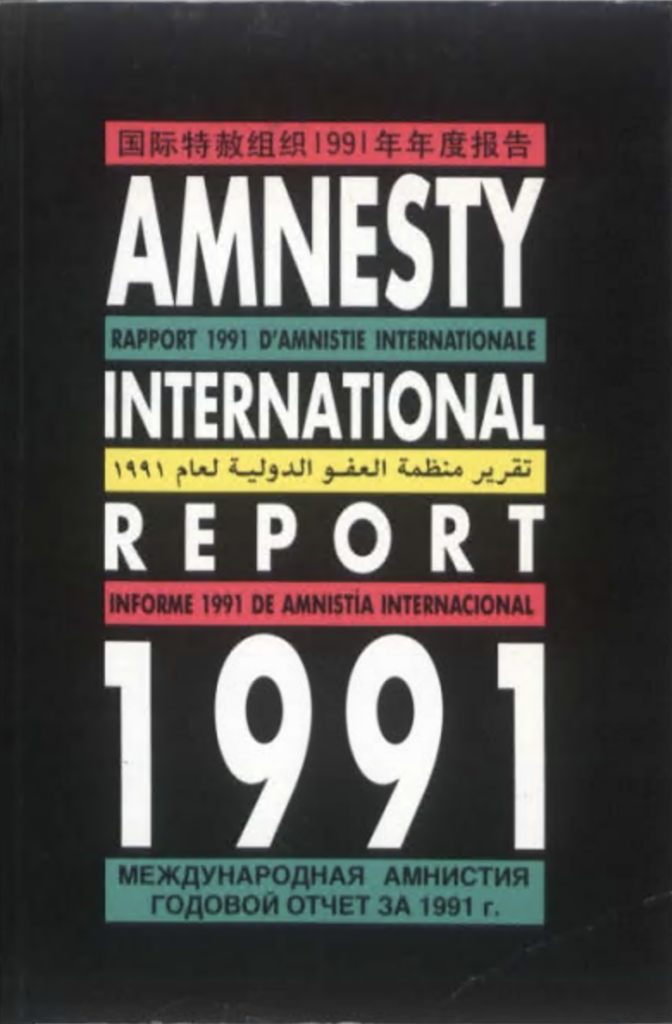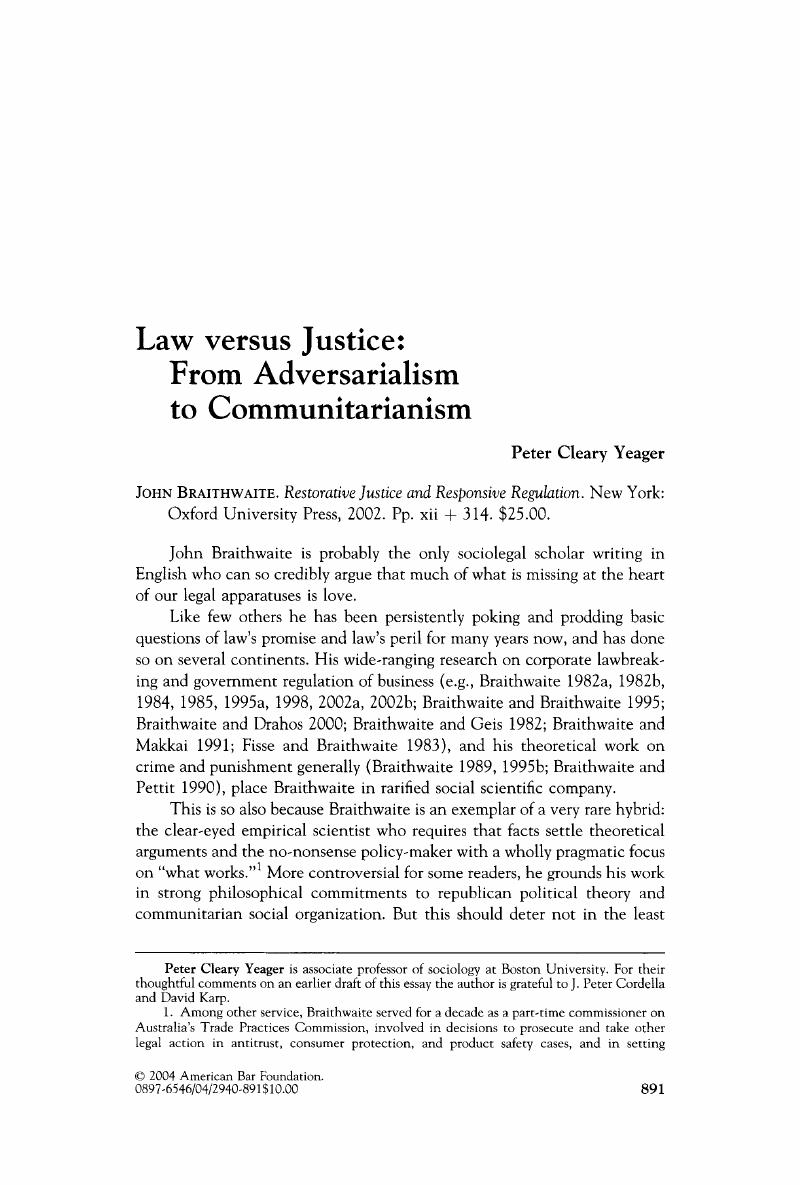Reference




OpenAI's Answer
The amnesty law of 1991 in Lebanon has had a significant influence on communitarian frameworks in the country.
The General Amnesty Law, issued in August 1991, retrospectively exempted Lebanese war-protagonists from prosecution, effectively granting impunity to those who committed war crimes during the 15-year civil war (1975-1990) [1]. This law has been widely criticized for perpetuating a culture of impunity and undermining the rule of law in Lebanon [2].
In the context of communitarianism, the amnesty law has contributed to the entrenchment of sectarianism and communal divisions in Lebanon. By failing to hold individuals accountable for their actions during the war, the law has reinforced the notion that communal identities and interests take precedence over individual rights and the common good [3].
Furthermore, the amnesty law has hindered the development of a strong, independent judiciary in Lebanon, which is essential for promoting the rule of law and protecting human rights. The lack of accountability for past abuses has created an environment in which corruption and impunity have flourished, undermining trust in institutions and perpetuating social and economic inequality [4].
In terms of communitarian frameworks, the amnesty law has reinforced the dominance of sectarian elites and perpetuated the fragmentation of Lebanese society along communal lines. This has hindered the development of a shared sense of national identity and citizenship, and has contributed to the persistence of social and political divisions in Lebanon [5].
In conclusion, the amnesty law of 1991 has had a profound impact on communitarian frameworks in Lebanon, perpetuating a culture of impunity, reinforcing sectarianism, and hindering the development of a strong, independent judiciary. Addressing these issues is essential for promoting social cohesion, protecting human rights, and building a more just and equitable society in Lebanon.
References:
[1] Civil Society Knowledge Centre. (n.d.). Amnesty Law. Retrieved from https://civilsociety-centre.org/content/amnesty-law
[2] Yale Journal. (n.d.). On Justice Denied: Interrogating Amnesty and Amnesia in Post-conflict Lebanon. Retrieved from https://www.yalejournal.org/publications/on-justice-denied-interrogating-amnesty-and-amnesia-in-post-conflict-lebanon
[3] SpringerLink. (n.d.). Communitarianism. Retrieved from https://link.springer.com/referenceworkentry/10.1007/978-1-4020-9160-5_114
[4] International Center for Transitional Justice. (2014). Failing to Deal with the Past: What Cost to Lebanon. Retrieved from https://www.ictj.org/sites/default/files/ICTJ-Lebanon-Impunity-Report-2014.pdf
[5] The New York Times. (1991). Amnesty Ratified in Lebanon. Retrieved from https://www.nytimes.com/1991/08/27/world/amnesty-ratified-in-lebanon.html
Images:
- Amnesty International report on Lebanon (1991) [Image 1: https://bellekmuzesi.org/wp-content/uploads/2022/09/amnesty-report-1991-672x1024.png]
- Chart illustrating the impact of the amnesty law on communitarian frameworks in Lebanon [Image 2: https://d20ohkaloyme4g.cloudfront.net/img/document_thumbnails/2facc3e0fa137ff7e3c2df9626ed1213/thumb_1200_1697.png]
- Diagram showing the relationship between communitarianism and sectarianism in Lebanon [Image 3: https://image.slidesharecdn.com/chapter1011-101130104719-phpapp02/95/chapter-10-11-11-638.jpg?cb=1422616494]
- Cover page of a book on communitarianism and human rights [Image 4: https://static.cambridge.org/content/id/urn:cambridge.org:id:article:S0897654600014234/resource/name/firstPage-S0897654600014234a.jpg]
- Amnesty International logo [Image 5: https://c8.alamy.com/comp/FFRK7A/amnesty-international-n30th-anniversary-logo-of-the-human-rights-organization-FFRK7A.jpg]